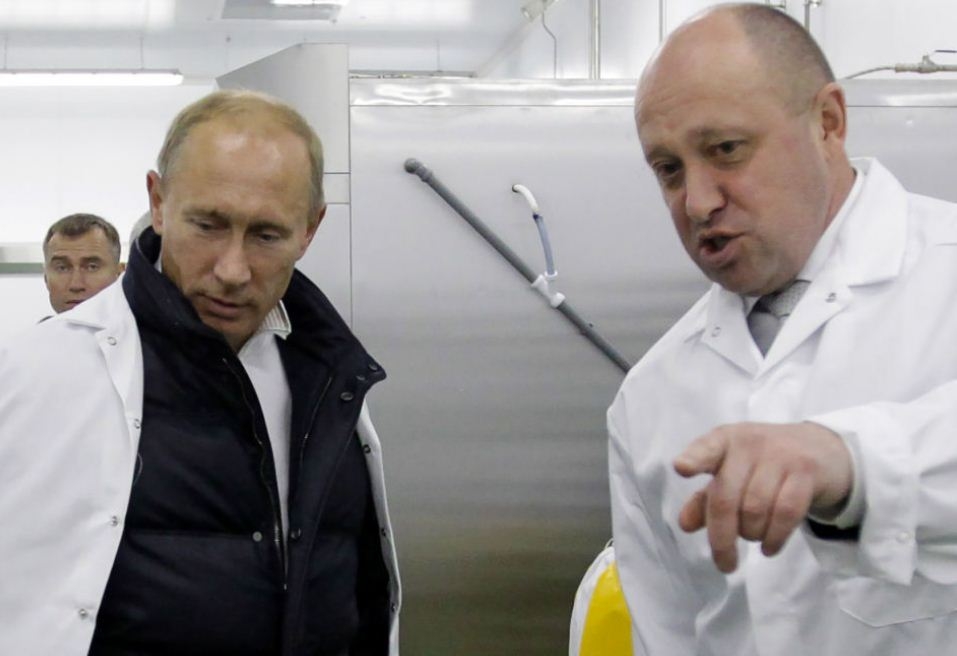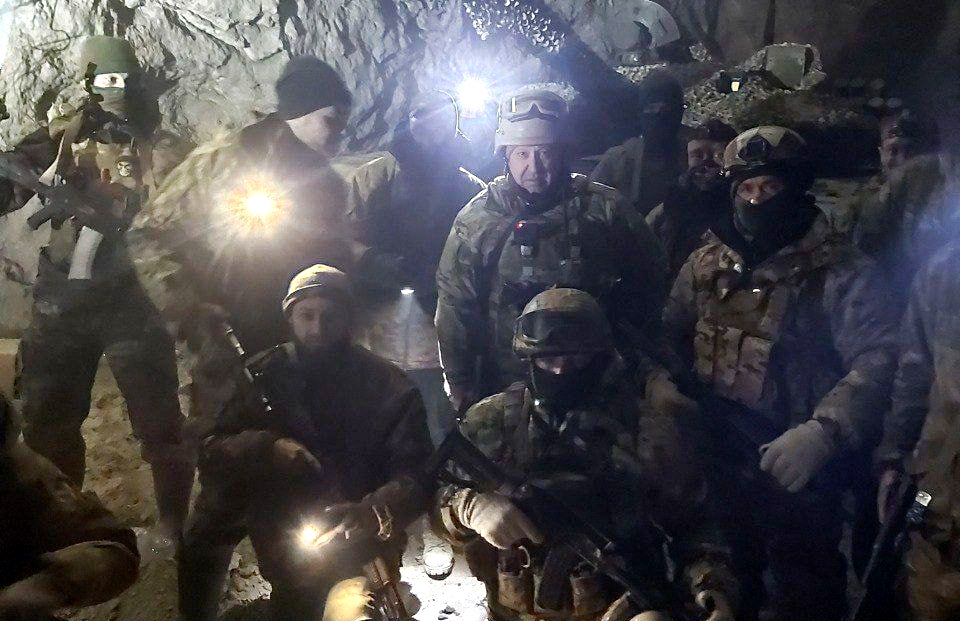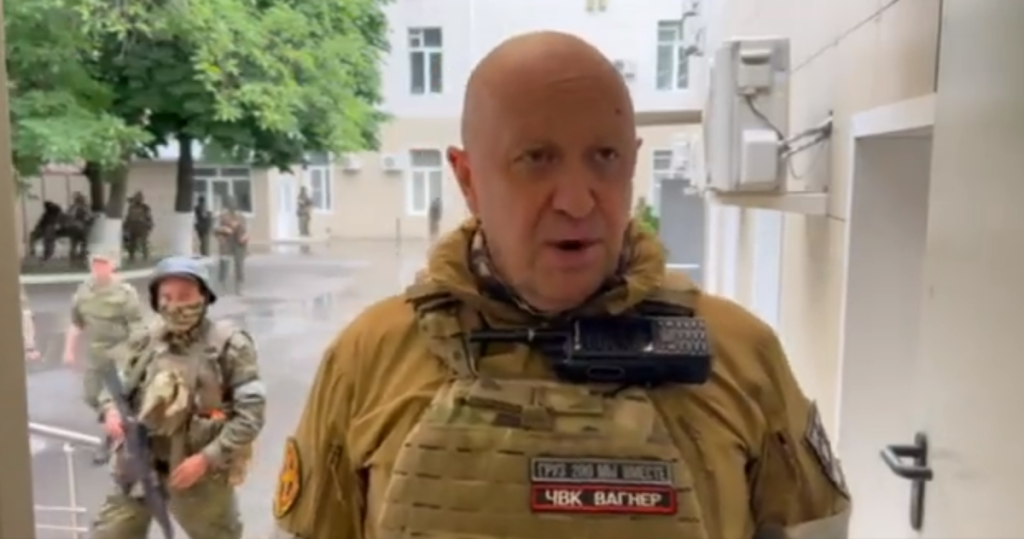
President Putin could have overreacted to the Wagner chief’s anti-constitutional challenge by plunging Russia into civil war but wisely avoided doing so since he sensed that the West had set a trap for him, writes Andrew Korybko
Casual observers are very confused in the aftermath of Wagner chief Yevgeny Prigozhin’s failed coup attempt last weekend since both its onset and resolution caught them completely off guard. Few could have expected that the man who led one of Russia’s most formidable fighting forces would pose the greatest challenge thus far to President Vladimir Putin, let alone that he’d survive his armed rebellion. This has given rise to plenty of conspiracy theories, hence the urgent need to clarify the situation.
Prigozhin was embroiled in a fierce rivalry with Chief of General Staff Valery Gerasimov and Defence Minister Sergey Shoigu over the conduct of Russia’s special operation, which he blamed those two for allegedly bungling. The Wagner chief’s “inflated ambitions and personal interests”, as President Putin rightly described them as in his national address on 24 June, combined with what commander of the National Guard Viktor Zolotov later said was Western “inspiration” to make him countenance a coup.

Regarding the second-mentioned assessment, CNN cited unnamed US intelligence officials who confirmed that their country’s spies earlier gathered detailed information about Prigozhin’s plot, “including where and how Wagner was planning to advance”. They withheld this from allies and Russia alike in order for him to go through with his coup and inflict the bloodshed that another of that outlet’s sources told them that they expected would inevitably follow.
Prior to that, Western media had pumped his head full of ideas about him potentially competing against President Putin during next year’s elections or at least becoming powerful enough to be granted a cabinet-level seat if the incumbent wins re-election. These had the effect of imbuing him with delusions of grandeur, especially after Wagner emerged as the leading force responsible for Russia’s victory in the grueling Battle of Artyomovsk/Bakhmut, thus planting the seeds for the coup that later followed.
Prigozhin was paranoid that his rivals wanted to eliminate him after the Defense Ministry mandated that the employees of all private military companies sign contracts with them by 1 July, the perception of which could have been exacerbated by Western information and/or psychological warfare that has yet to be disclosed by the investigation. In his mind, he could either make one last-ditch effort to pressure President Putin into deposing his rivals or go with the flow and fade out of the spotlight once they win.

He regrettably decided to do the former, after which he launched his coup on the false pretext of alleging that the Defense Ministry bombed a Wagner camp, thus supposedly prompting him and his forces to march on the Rostov Region’s military headquarters and Moscow out of so-called “self-defense”. What could have otherwise simply been a mutiny, which would have been bad enough as it is, became a coup attempt once Prigozhin refused to turn around after President Putin condemned his “knife in the back” move.
Along the way to Moscow, his forces shot down several aircraft whose martyrs the Russian leader later commemorated with a moment of silence when meeting with military-security officials. Belarusian President Alexander Lukashenko eventually mediated an end to this crisis with President Putin’s blessing and detailed everything that took place on that fateful day, including his warning to Prigozhin that he’d be “crushed like a bug” if he didn’t stop his mutineers before they entered the Moscow Region.
The Russian leader mercifully gave the Wagner chief and his collaborators a final chance to save their lives in order to avert the large-scale bloodshed that their country’s enemies wanted, which also served to prevent them from becoming martyrs around which domestic extremists could later rally. Up until that point, the Russian elite, military, and society had united around their legitimate leader and the country’s constitution, which proved that Prigozhin didn’t have the support required to pull off his coup. He therefore took the deal that was mediated by President Lukashenko, which stopped the worst-case geopolitical scenario from materializing at the very last minute. The Belarusian leader later revealed that his country’s Western-backed armed opposition had planned to exploit events in this neighboring country but were prevented from doing so by that crisis’ resolution. President Putin also said afterwards in his earlier cited meeting with military-security officials that Russia was saved from civil war.

The above mentioned insight about the geopolitical stakes connected to Prigozhin’s coup attempt, not to mention the related possibility of Ukraine reviving its hitherto failed NATO-backed counteroffensive to reconquer the territory that its government claims as their own, explains why the US didn’t want to stop it. In hindsight, it was intended as the West’s ultimate knockout blow against Russia, which failed due to the country uniting and President Putin not reacting like how their experts predicted that he would.
Far from being the so-called “bloodthirsty tyrant” that they falsely depicted him as for decades and eventually ended believing themselves, he proved himself to be a benevolent and pragmatic leader that patiently explored political means for peacefully resolving Prigozhin’s rebellion with minimal bloodshed. President Putin could have overreacted to the Wagner chief’s anti-constitutional challenge by plunging Russia into civil war but wisely avoided doing so since he sensed that the West had set a trap for him.
Prigozhin’s inflated ambitions, personal interests, paranoia, and greed – the latter of which refers to his rage at the Defense Ministry’s threat to cut off his funding if his fighters didn’t sign a contract with them by 1 July – combined to turn him into the West’s potentially most destabilizing “useful idiot” in history. It’s tragic that he was manipulated into attempting his coup, which he must take full responsibility for despite being influenced by his country’s enemies to commit treason, but Russia is stronger as a result.
Any speculation about the unity of its elite, military, and society was quashed by them rallying around President Putin and the Russian Constitution. Differences veritably exist over the conduct and course of the special operation, but no patriot would ever support overthrowing the government on the pretext of imposing their envisaged solution like Prigozhin exploited as the excuse for his coup. The Wagner chief’s betrayal will go down in infamy as the West’s most devious attempted subversion of Russia since 1917.
(Andrew Korybko is a Moscow-based American political analyst specializing in the global systemic transition to multipolarity)
ALSO READ: Belarusian President has a job for Wagner mercenaries
ALSO READ: Putin’s iron grip on power at risk amid Wagner mutiny


